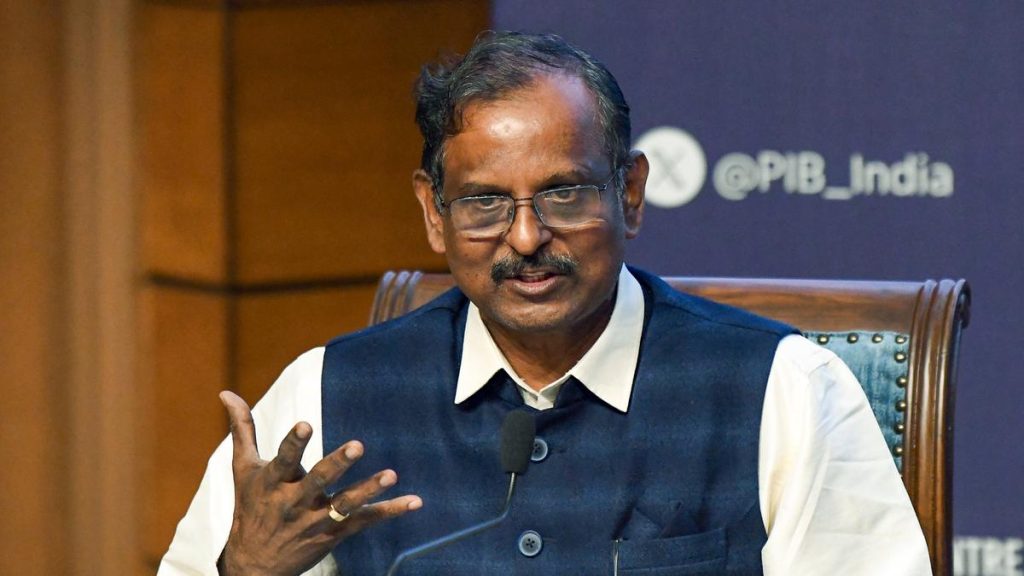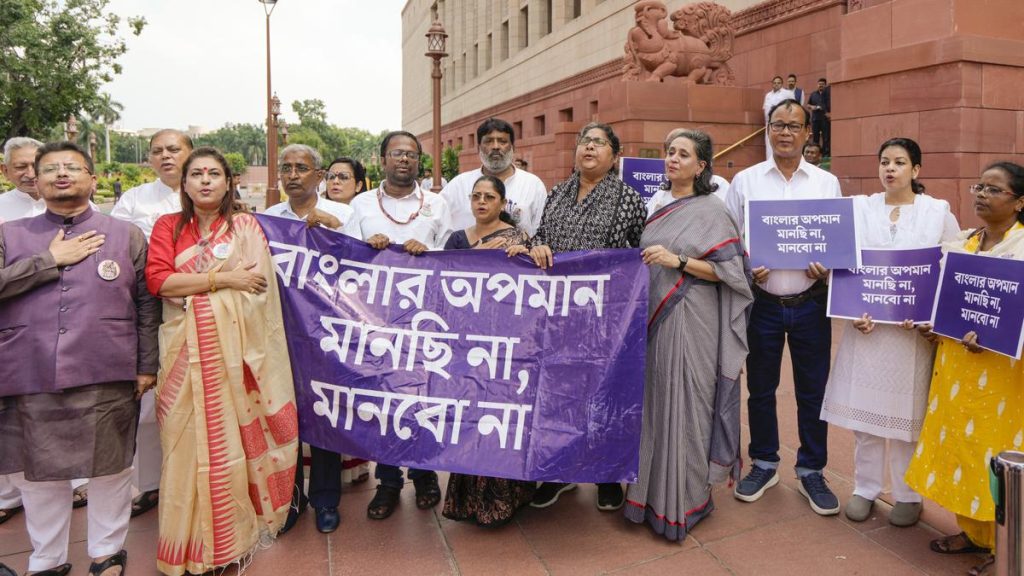Now Reading: Karnataka Forum Advocates Inclusive Land Acquisition Model
-
01
Karnataka Forum Advocates Inclusive Land Acquisition Model
Karnataka Forum Advocates Inclusive Land Acquisition Model
Swift Summary
- Event: A convention titled ‘The Way Forward’ took place in Bengaluru on August 20, 2025, focusing on the impact of land acquisition projects in Karnataka.
- Participants: Writers, academicians, farmers, cultural activists, and industrialists discussed conflicts between advancement and displacement.
- Key issues Highlighted:
– government efforts to dilute provisions of the Land Acquisition Act,2013.
– Displacement caused by power plants, highways, airports, industrial corridors.
– Threats to agriculture and rural economies affecting food security in Karnataka.
- Voices Raised:
– Former agricultural Price Commission President Prakash Kammardi noted negative impacts on agriculture and rural livelihoods.
– Industrialist D.T. Venkatesh criticized inadequate utilization of acquired land (only ~10%) without fair compensation to those displaced.
– Farmer representative Suresh Reddy cited continuous but unfulfilled promises from authorities following protests over acquisitions.
- Proposed Remedies:
– Moderator Pratap Hegde suggested methodologies such as discounted cash flow analysis during negotiations and GDP-focused farmer development strategies to balance interests.
– The event urged meaningful dialogue among farmers, policymakers, and industry representatives for equitable development.
Indian Opinion Analysis
india’s developmental aspirations frequently enough encounter friction with its agricultural base-a vital foundation for food security and employment. The Bengaluru convention underscores a critical concern: while large-scale infrastructure projects promise economic progress at a macro level, they frequently displace vulnerable farming communities with insufficient recourse or compensation mechanisms.
Challenging government attempts to dilute the Land acquisition Act reflects broader apprehension over weakened protections toward those impacted by industrial growth policies. Only utilizing a fraction (reported at ~10%) of acquired lands further accentuates inefficiencies in balancing sustainable economic planning with equitable treatment of stakeholders.
The emphasis on inclusive dialogues proposed during this event offers a tangible solution for moving forward without dispossession-aligning urban-industrial expansion within frameworks that ensure fairness for displaced groups such as discounted cash-flow methods or farmer-centric GDP contribution audits could provide actionable relief.
As Karnataka continues navigating its dual identity between being an agrarian hub versus pursuing aggressive urbanization goals via mega-projects like new airports or power corridors-ensuring fair treatment for affected groups through constructive policy mechanisms will remain crucial.
Read more: The Hindu

























